Our Executive Board members serve as guiding leaders, who are responsible for ensuring that the school has the strategic vision and financial means to reach its aim to inspire active learners and develop global citizens.
Membership on the Executive Board is an unpaid, volunteer position, except for the Principal who is also a board member.
The Executive Board meets once or twice each month. Executive Board membership term length is two years with the possibility of renewal.
Current Executive Board Members for the 2023-24 academic year:
Co-chairs, Martin Roth & Hillary Pedersen, Myles Jackson (Principal), Makoto Yamamura, Erin Noxon, Lara Sinapayen., Billy Wong and Tim Guo.
(See profiles below.)
Roles of the Executive Board:
- develops strategy, policy and direction
- prioritizes and approves the budget after consultation with Trustees
- establishes the vision that reflects the overall goals of the community, staff, and the board.
- makes decisions on school expansion and closure after consulting with Board of Trustees
- approves pre-decided components of operations including the school calendar and adopting new curriculum programmes
- evaluates the Principal
Board of Trustees
The main function of the Board of Trustees is to provide advice, perspective, and assistance to the Executive Board when solicited. Trustees are viewed as ambassadors of KIS and their involvement may be widely known to people outside the community. Trustees offer their experience and expertise to strengthen the decision-making process. Unlike the Executive Board, the Trustees do not have the authority to vote on affairs, nor legal fiduciary responsibility for the school.
KIS Executive Board Member Profiles

Martin Roth
Board Chair - Executive Board
Martin Roth is a KIS community member and parent since 2019, when he moved to Kyoto with his family to assume an associate professorship in Ritsumeikan University’s Graduate School of Core Ethics and Frontier Sciences. His research focuses on videogames, digital space and Japan. Martin served as co-chair of the PTA from 2019 to 2020. He joined the Board of Executives in 2021.
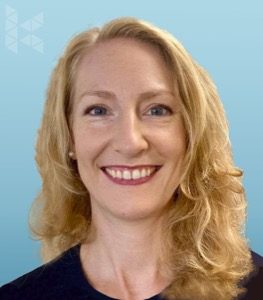
Hillary Pedersen
Vice Chair - Executive Board
Hillary Pedersen is a native of Seattle, U.S.A. and has been a KIS community member since 2016. Since coming to Kyoto in 2006 to research and teach Japanese religious and visual culture, she has been involved in various committees promoting internationalization of the city.
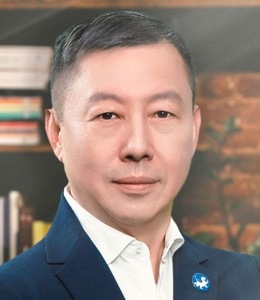
Tim Guo
Dr. Tim Guo joined the executive board in March 2024. With nearly 30 years of experience operating international schools, he has provided high-quality educational resources and faculty expertise aligned with international standards to numerous schools globally, earning a strong reputation in the education sector. As an experienced educator, he excels in cultivating relationships between international schools and students, promoting the development and exchange of students from diverse cultures. Dr. Guo possesses valuable experience in communicating with school boards and management teams, as well as participating in the establishment and formulation of school philosophies and policies across multiple institutions. Dr. Tim aims to leverage his skills and experiences to elevate KIS to another level.
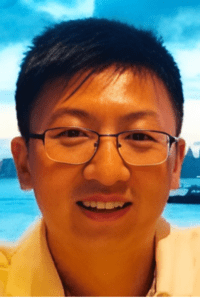
Billy Wong
Billy Wong joined the executive board in April 2024 and is also the operation director at KIS. He has been a KIS community member since 2017. Prior to joining KIS, Billy was the founding project leader at a private elementary school in Kyoto, and he has worked in the education sector for more than 10 years both at local and international schools. Billy earned two master degrees in social science education and also international educational leadership and change. He would like to use his profession in order to contribute to the success of KIS.
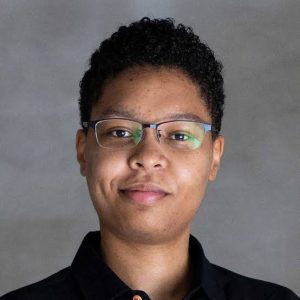
Lana Sinapayen
Lana is a French researcher working in various fields related to AI, biology, and evolution. She moved from Tokyo to Kyoto in 2020, and has since been working closely with local schools and artisans. She joined the board in 2023.
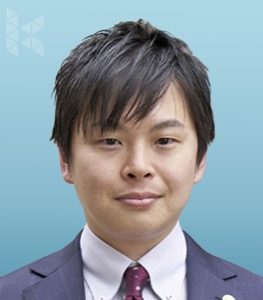
Makoto Yamamura
Finance Committee Member
Makoto Yamamura has been a member of the Executive Board since 2019. Born and raised in Kyoto, He completed his Bachelor degree in Adelaide, Australia, J.D. degree in Kyoto and second degree in law in New York, USA. Admitted to practice law in Japan and the State of New York. He currently works as a lawyer for a law firm in Kyoto mainly dealing with business legal matters. With his international background, he also strives to provide legal services to non-Japanese speaking individuals in Japan to protect their rights. He hopes that KIS is growing to be a hub for international education and cultural interaction in the heart of this historic city.